A Fundraiser for Gaza Hopes to Wake Up the Coffee Industry
For 18 months, the coffee industry has remained mostly silent about the ongoing destruction of Gaza. A new fundraiser hopes to raise money—and jolt the industry awake.

An espresso cups sits on a table beside a folded newspaper. Via Unsplash
Welcome to the Coffee News Roundup!
Let’s see what’s been going on over the past seven days.
(Before we get started, this article in Sprudge lists a number of organizations, coffee-based and not, raising money to help people in Timor-Leste affected by the recent flooding in the country.)
Following on from similar surveys of the US and UK coffee industries, nearly half of all European countries surveyed by Allegra Group saw a decline in coffee shops and in overall sales due to the ongoing COVID-19 pandemic.
The number of branded coffee shops fell 8.8% in Spain and 6.8% in Turkey over the past year, with sales declining by almost 30% across the continent.
Of course, the impacts were felt worse by small independent companies—as Daily Coffee News reports, “major chains such as Costa Coffee, McCafé and Starbucks proved most resilient to the pandemic, with each reporting moderate growth in the total number of coffee shops.” Between them, the three chains now make up 22% of the entire European coffee market.
There were a few positives in the report, with Allegra’s survey revealing a 34.8% growth in the number of coffee shops in Lithuania and 29.8% in Romania.
Mexico’s president Andres Manuel Lopez Obrador made a campaign promise to create a government agency to help the country’s small coffee farmers, alongside subsidies and minimum price guarantees. These promises are yet to be kept, but the head of AMECAFE, Mexico’s coffee association, is now pushing for just such an agency.
“What we want is for prices to be regulated and that we have fair prices that allow farmers to recover their production costs and earn a small profit,” AMECAFE head Luis Herrera told Reuters. Herrera said the agency could also offer marketing and financing help to Mexico’s half a million small scale coffee farmers.
The possibility of regulating the coffee industry has come back into focus in recent years, as coffee’s price continues to fluctuate and countries like Colombia introduce subsidies for producers.
While Mexico does have a cash subsidy program for farmers, Herrera says it’s not enough and emphasized the need for more support at a time when coronavirus restrictions remain in place and coffee leaf rust is still affecting many farms.
The ongoing climate crisis is bad, for the world in general and for coffee specifically. You probably knew this, to be fair.
But will it affect every coffee-growing country equally? Last week we learned that parts of Colombia might actually benefit from a warming planet (grim to think about, I know) and this week a new study has used machine learning to investigate the impact of climate change on arabica coffee production in Ethiopia. The main takeaway? It’s not great.
According to the research, “Ethiopia may produce less specialty coffee and more rather bland tasting varieties in the future.”
The new study, which looked at how 19 climactic factors such as annual rainfall levels and mean temperature would impact coffee cultivation in the country over the next several decades, found that the area suitable for growing commodity coffee might actually increase over the next century.
But, as the researchers note, more is not necessarily better: “On the flipside, the suitable area for high quality specialty coffee types . . . will likely shrink if climate change continues unchecked. This is an issue not just for coffee lovers, but for local agricultural value creation.” If Ethiopian farmers have to switch to lower quality coffee varieties, the report suggests, they may struggle to compete against other countries whose commodity coffee industries are more mature and efficient.
Because arabica is such a sensitive plant that needs specific conditions in which to thrive, it is more likely to be adversely affected by climate change. Certain types will be affected worse than others, with Yirgacheffe noted as a potential victim which, under the worst case scenario, “could lose more than 40% of its suitable area by the end of the 21st century.”
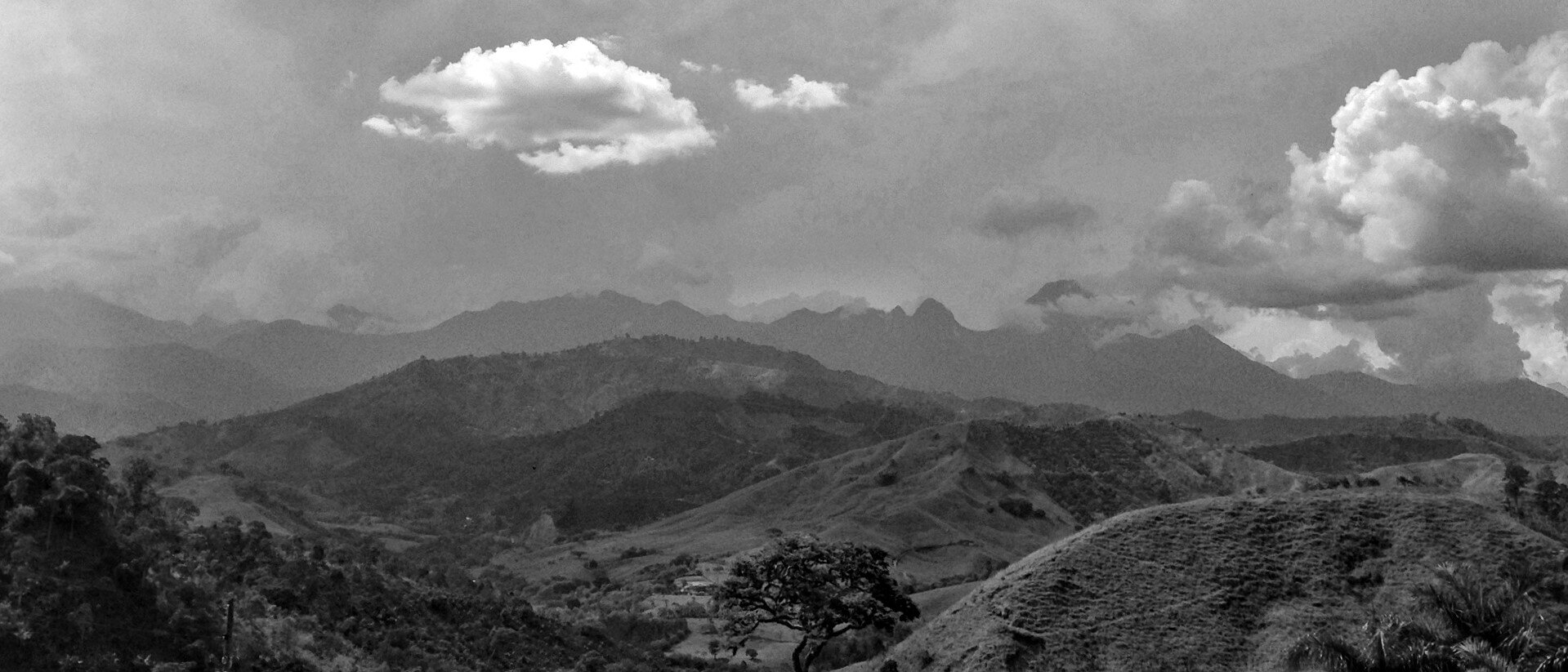
Long shot of Colombian coffee farms with mountains in the distance.
2021 Colombia Cup Of Excellence Winners Feature Two 90+ Lots
The USPS Just Released Some Spiffy Coffee Stamps
Researchers Develop Cryogenic Coffee Grinding Technology
Starbucks is trialing a reusable cup program in Seattle, “as part of its ongoing commitment to reducing single use cup waste and goal to reduce waste by 50 per cent by 2030.” Apparently each reusable cup replaces “up to 30 disposable cups.”
“Starbucks says the challenge will be to make choosing reusables as convenient as customers expect from Starbucks, with no extra steps,” the article reports, because 80% of the company’s drinks are “enjoyed on the go.” It’s worth noting that Starbucks used 3.85 billion cups in 2017 alone, so good luck to them on scaling this up.
You’ll also be pleased to know that Circle K “is taking a step forward in its commitment to sustainability by becoming the largest convenience store retailer in the United States to offer 100 percent sustainable sourced coffee blends across its footprint.”
What does “100 percent sustainable sourced coffee” mean? According to the press release news story, “The company's sustainably sourced coffee program is built around three pillars: farm productivity, environmental practices and social development.” Farms selling to Circle K must “actively promote” such things as no child labor, no forced labor, gender equity, soil conservation, and “environmentally responsible agriculture”.
Nice and vague.
No news this week, so as always that means it’s time for another cup.
Step Inside Red Bay Coffee’s Massive New Oakland Cafe And Headquarters by Elazar Sontag
What Is An Americano? Espresso, Hot Water, And History by Liz Clayton
Coffee In Vietnam: History, Phin, Facts, And Myths by (Kim) Khuyen Le
Until next week, drink good coffee.
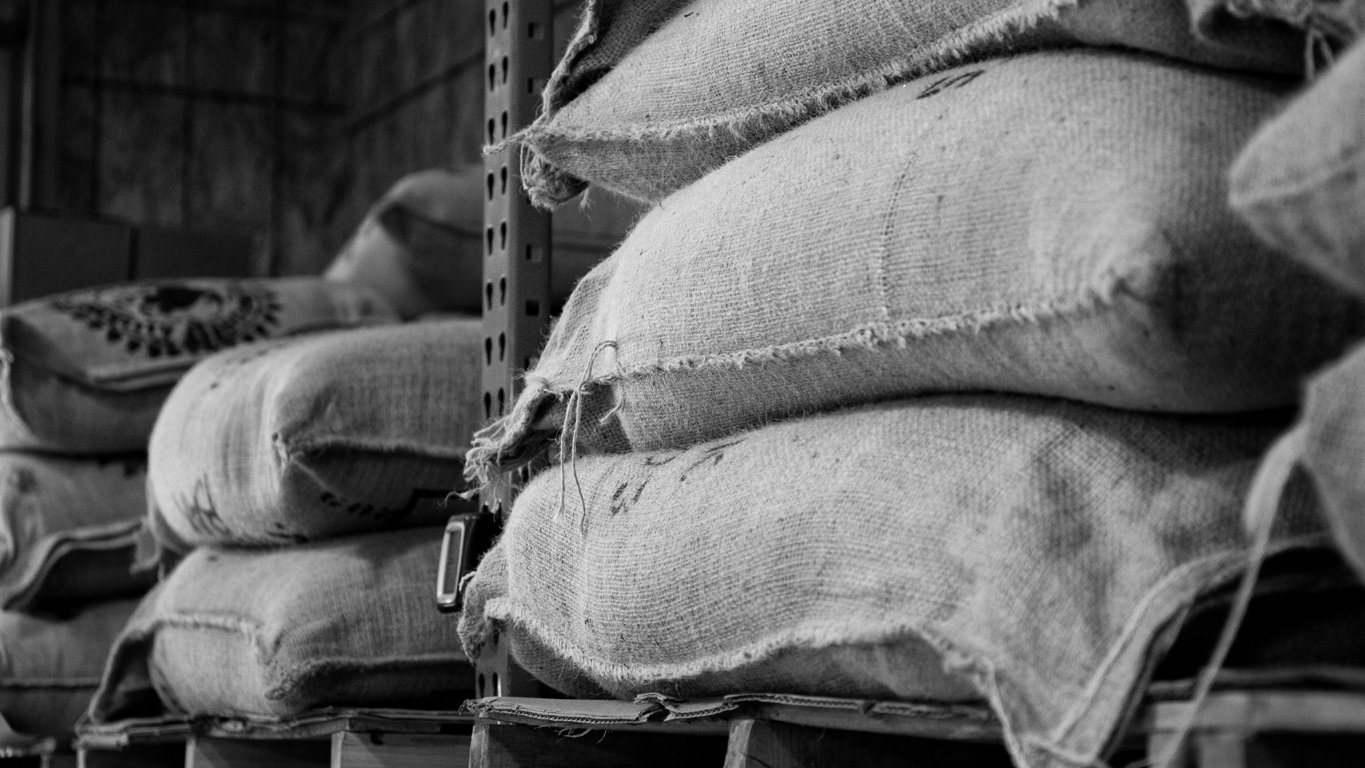
Nov 24, 2023 Connecting the Dots: Inside the 2023 Coffee Barometer Nov 24, 2023 Nov 24, 2023
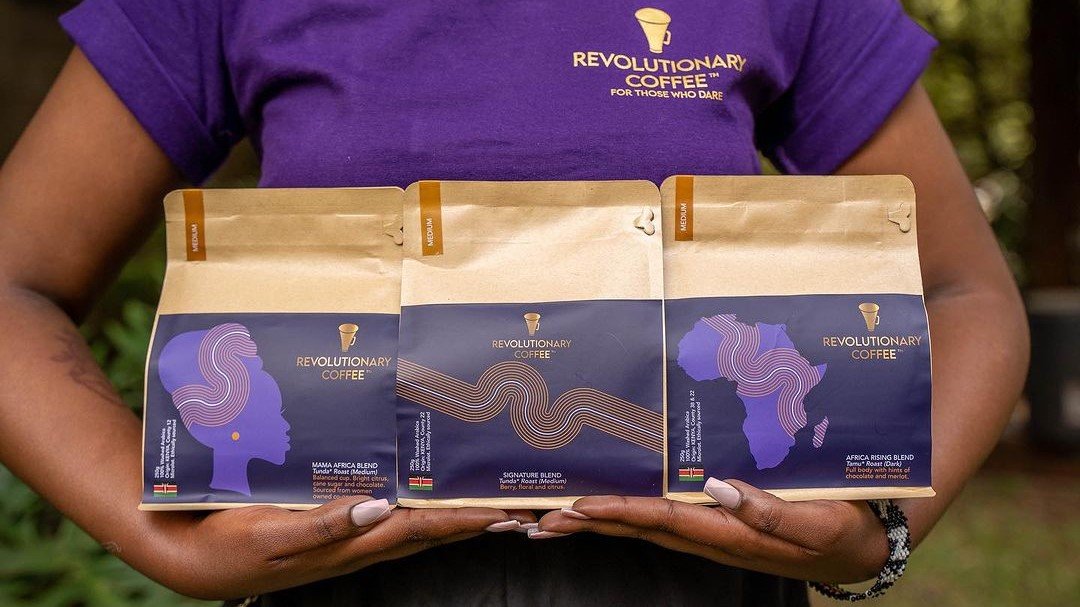
Oct 21, 2023 'Specialty Coffee Should be Enjoyed by Those Who Grow It': The Farmer's Daughter Joining Kenya's Coffee-drinking Revolution Oct 21, 2023 Oct 21, 2023
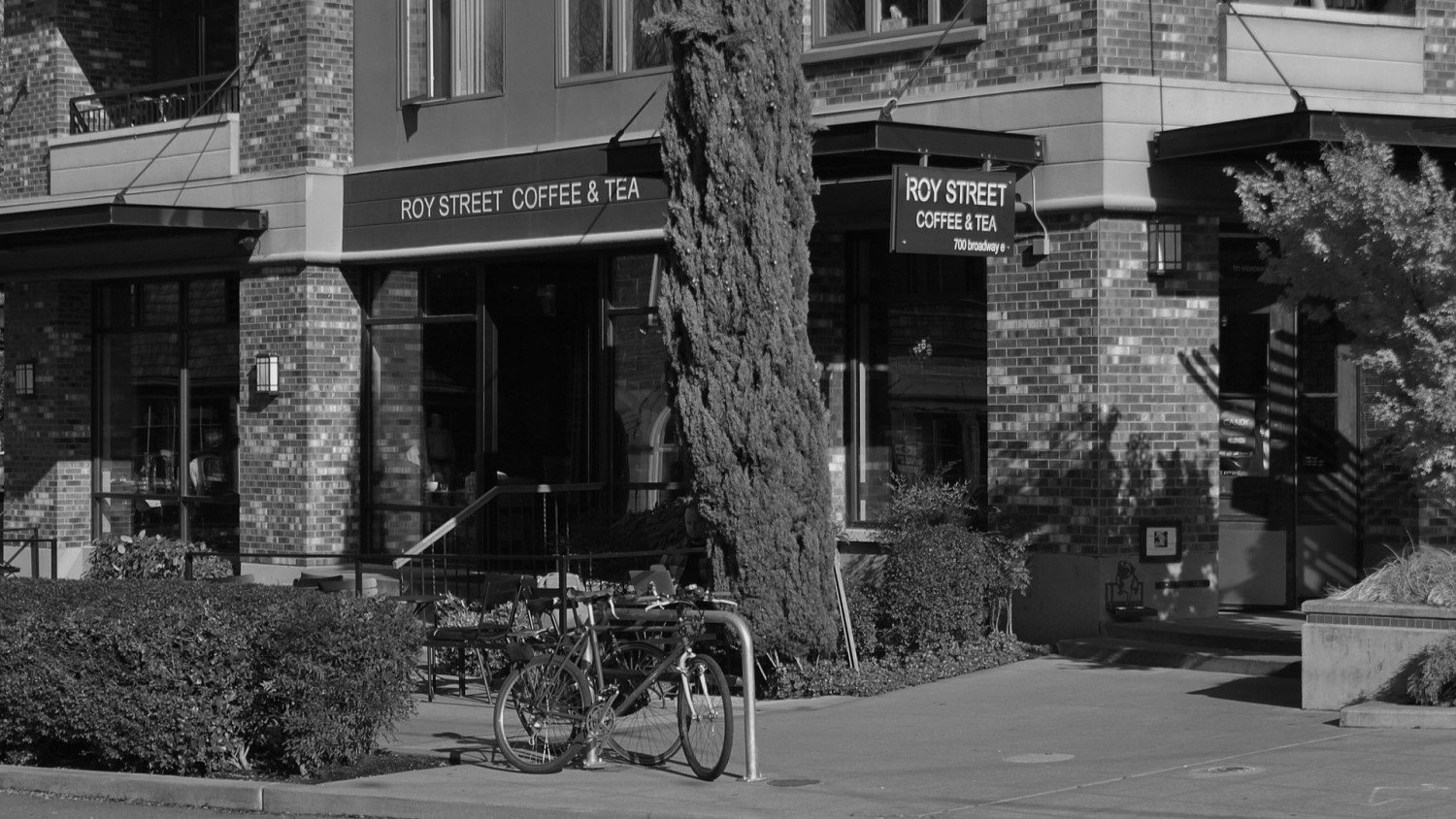
Oct 6, 2023 Stealth Starbucks: A Premonition of Modern Specialty Coffee Oct 6, 2023 Oct 6, 2023
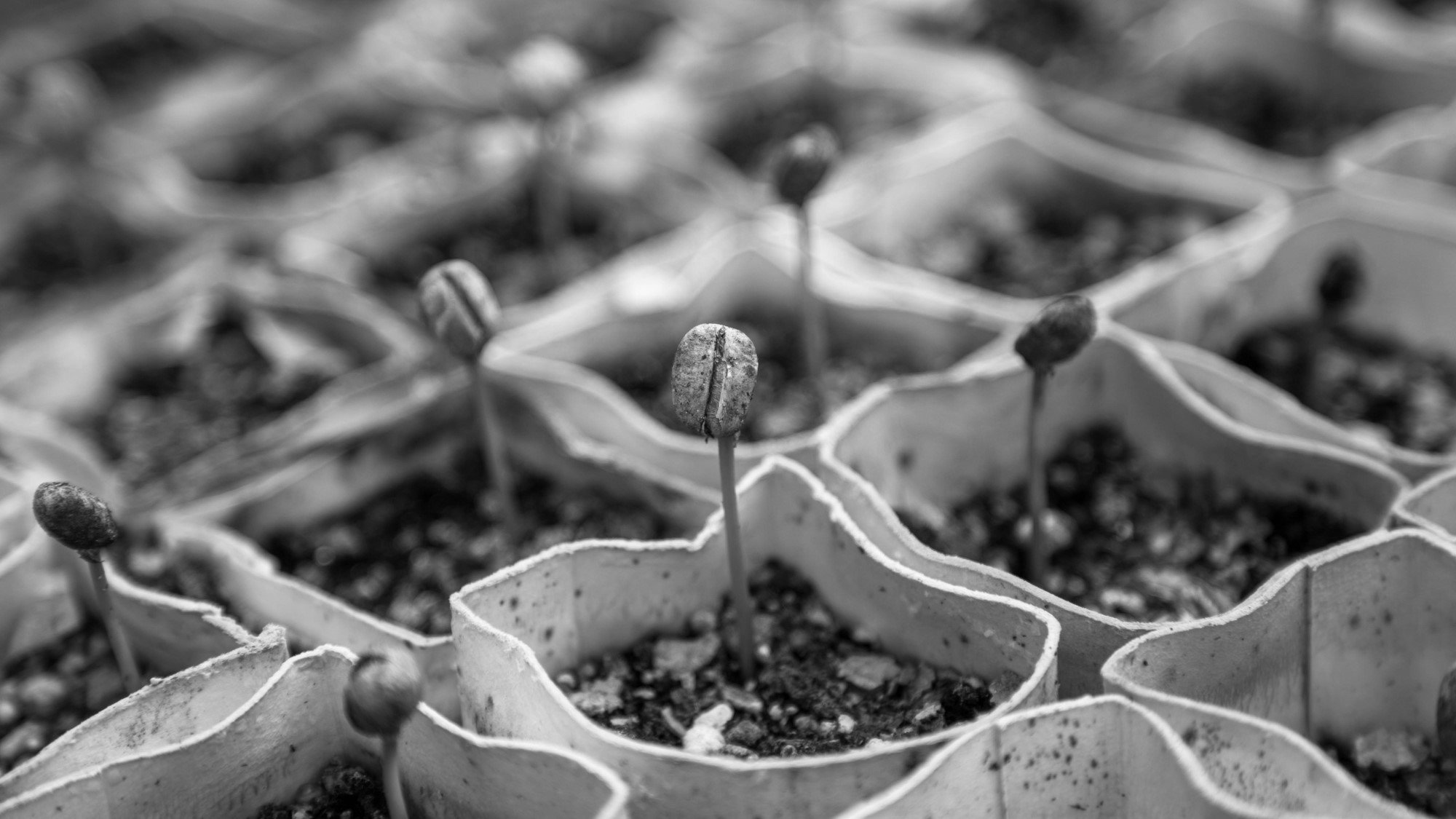
Sep 22, 2023 Can the Coffee Change Fund Save Coffee? Sep 22, 2023 Sep 22, 2023
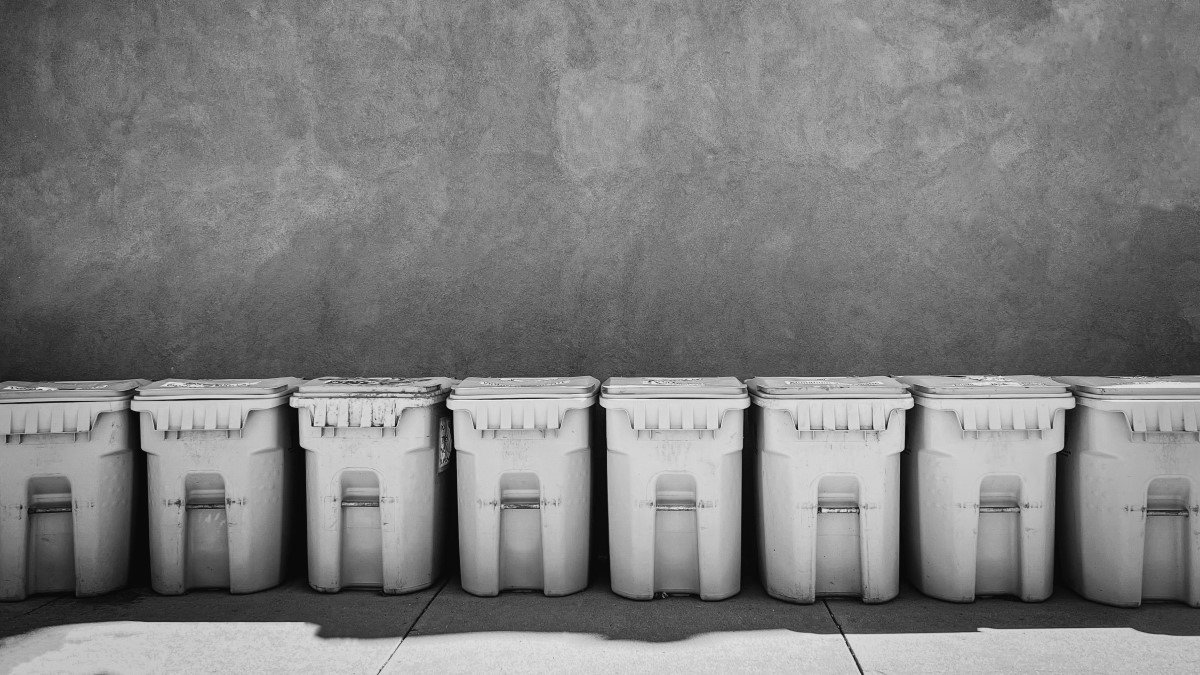
Sep 8, 2023 Upcycled Coffeewashing Sep 8, 2023 Sep 8, 2023
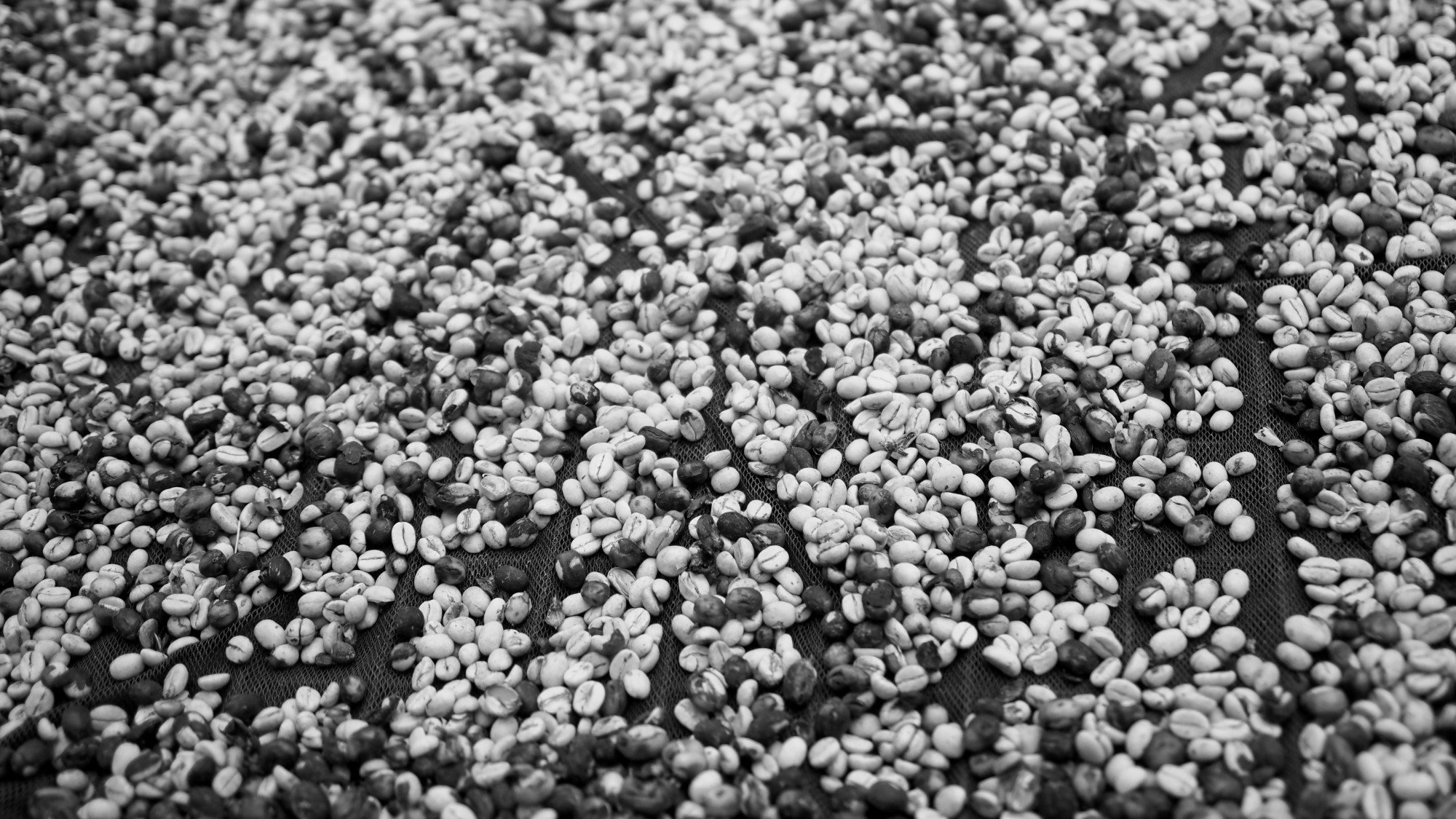
Aug 25, 2023 From A Concerned Farmer Aug 25, 2023 Aug 25, 2023

Aug 11, 2023 Philly is a (Coffee) Union Town Aug 11, 2023 Aug 11, 2023
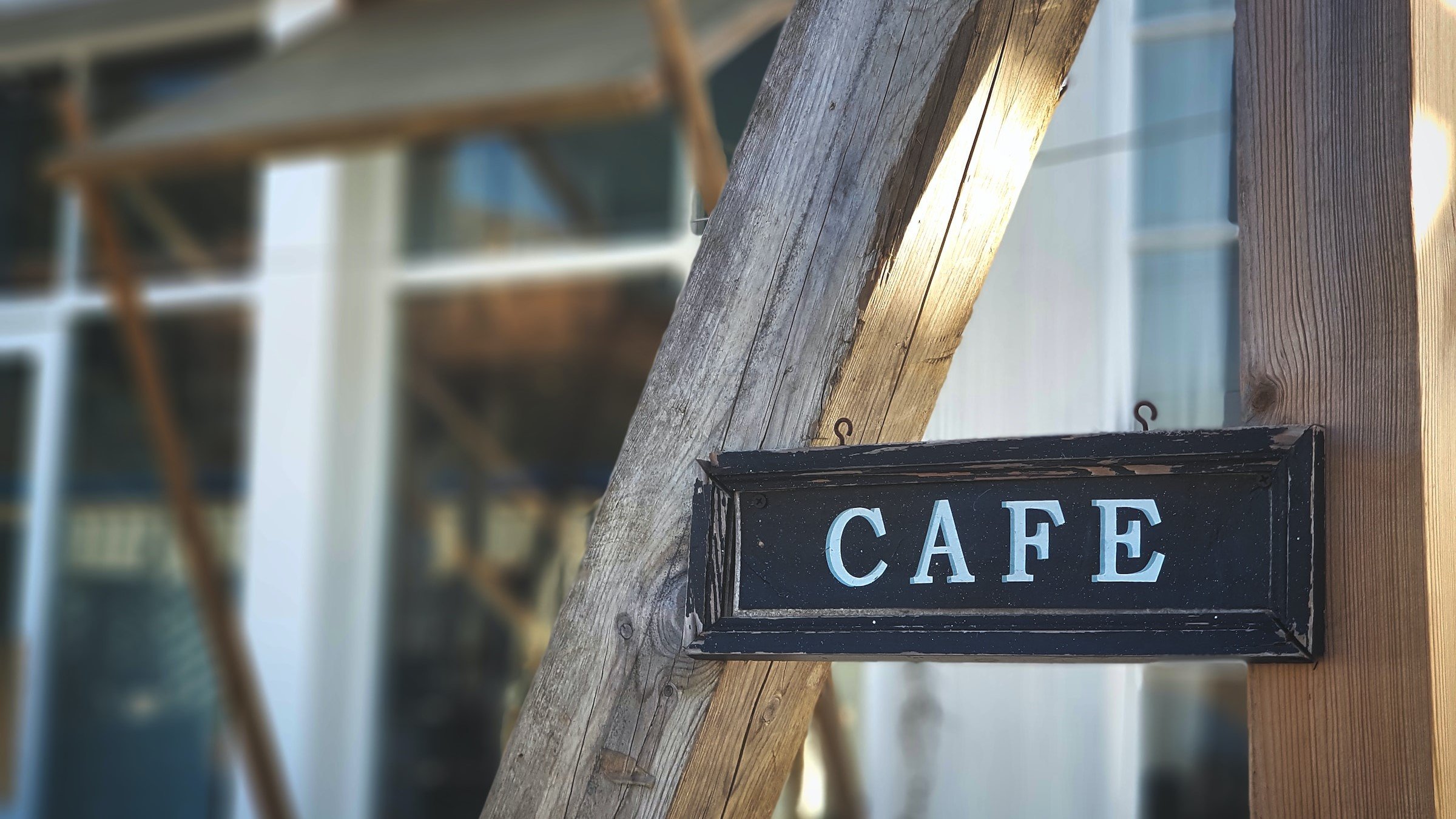
Jul 28, 2023 South Korea's Coffee Wars Jul 28, 2023 Jul 28, 2023

Jul 14, 2023 Camp Coffee, Colonialism, and the Evolution of a Brand Jul 14, 2023 Jul 14, 2023
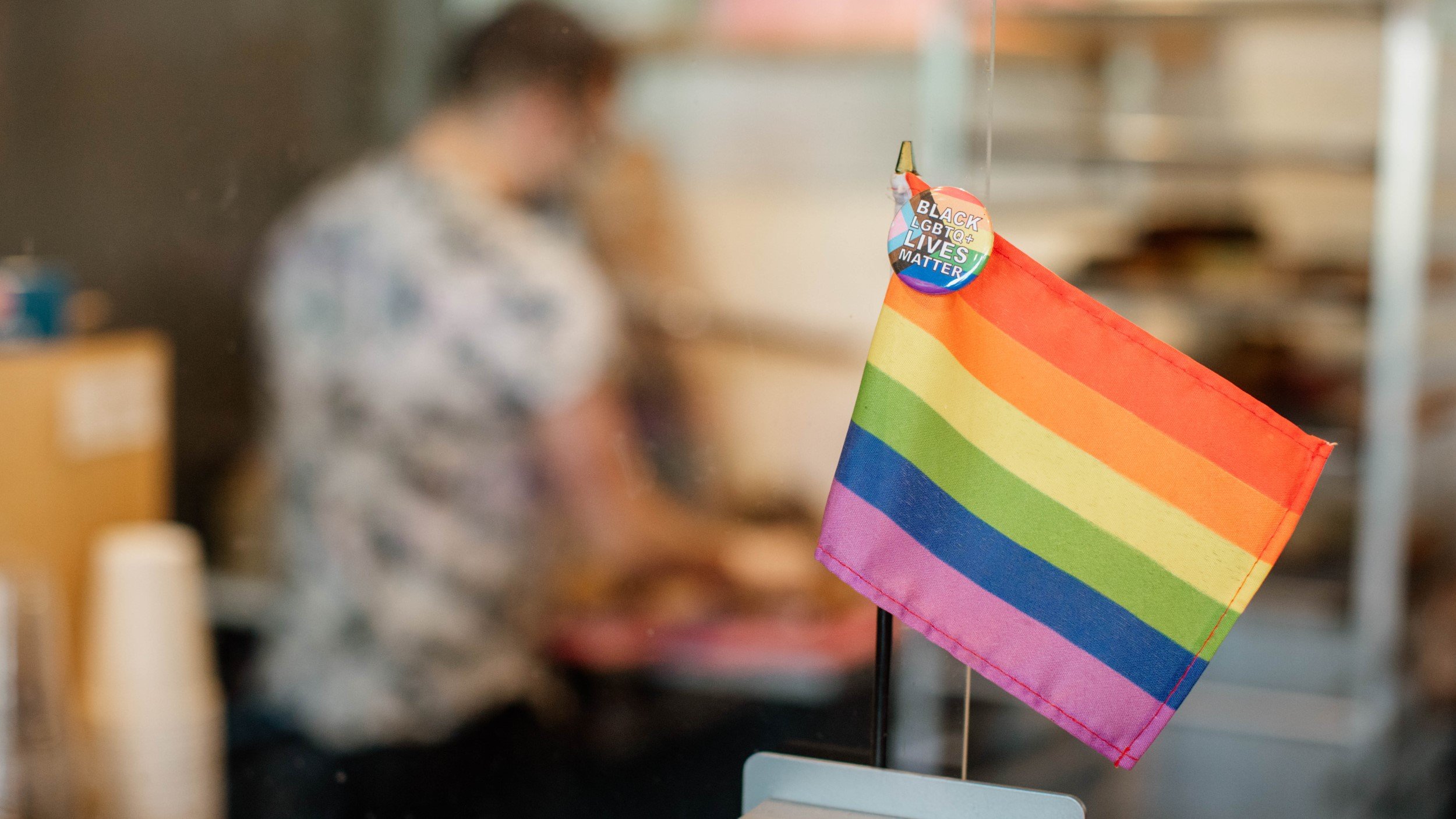
Jun 30, 2023 Defiance and Gay Frog Donuts: How Strange Matter Coffee is Navigating the Anti-LGBTQ+ Backlash Jun 30, 2023 Jun 30, 2023
A newsletter about coffee—its culture, politics, and how it connects to the wider world.